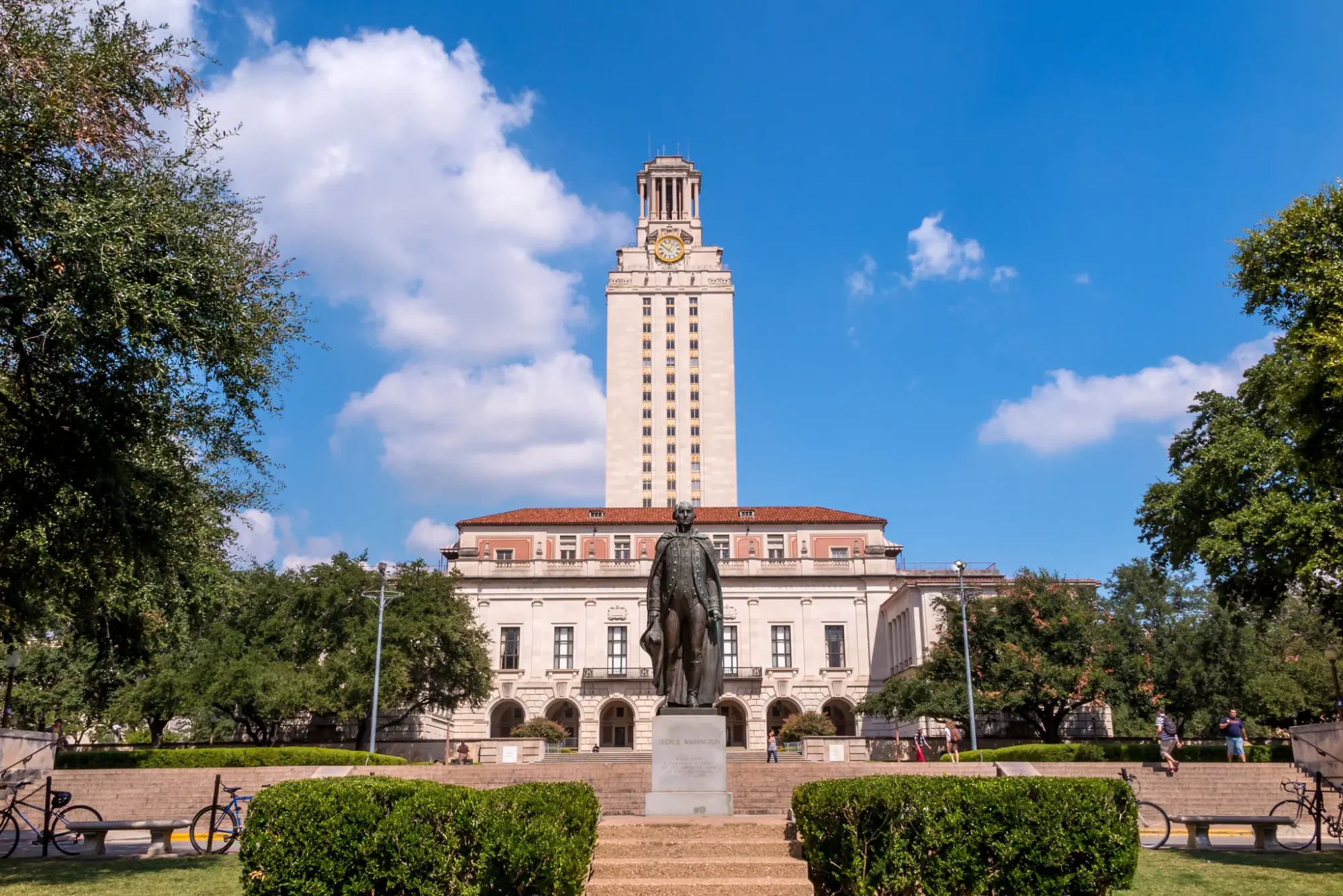Texas A&M interim president Mark Welsh told the Faculty Senate that the university’s Board of Regents will not determine who is hired at TAMU.
“Somebody can call and offer an opinion on something, but that doesn’t mean you have to accept it,” Welsh said.
His comments follow backlash from TAMU offering Kathleen McElroy the position of director of journalism. McElroy, currently a tenured professor at the University of Texas at Austin, has a background in promoting DEI policies.
Texas A&M watered down McElroy’s proposed contract following criticism from the public and members of the TAMU Board of Regents. Ultimately, TAMU settled on a one-year deal as a professor without tenure and a three-year appointment as the director of the journalism program, with an emphasis that she could be terminated at any time.
McElroy rejected A&M’s final offer, later receiving a $1 million payout from the university.
“I think Dr. McElroy would have been a great hire for the journalism department,” said Welsh.
Welsh, who has served as the dean of TAMU’s Bush School of Government and Public Service since 2016, retired from the U.S. Air Force as a four-star general and Obama appointee to the Joint Chiefs of Staff.
His appointment as interim president follows the resignation of former A&M President Katherine Banks, who oversaw the failed hiring of McElroy.
Now, Welsh is attempting to assure the TAMU faculty that the university will continue to listen to the regents but will not make hiring decisions based on their comments.
“The hiring process is owned and operated by the university,” said Welsh. “I mean, period. We make that call.”
Welsh also informed the Faculty Senate of his plan for fielding regents’ calls:
“I’ll just tell you that if a regent calls me and says, ‘Hey, I really am worried about this,’ I’ll say ‘Thank you for the call.’ But I’m not going to call the department head and tell them who to hire.”
“I think we’ve weaponized the acronym DEI,” added Welsh. “And people are using it on all sides of every argument.”
DEI, which stands for “Diversity, Equity, and Inclusion,” has come under scrutiny in higher education. A new state law will take effect on January 1 requiring public colleges and universities to disband their DEI departments and dissolve any internal DEI programs for hiring or employee training.
Although seemingly innocuous, DEI often pushes divisive racial policies.
“At best, diversity has come to mean an identity-based approach to society and racial quotas. At worst, it is a rigid enforcement of leftist orthodoxy,” wrote Mike Gonzalez of The Heritage Foundation.
Notably, despite TAMU’s efforts to create a more inclusive environment through diversity plans, the campus climate in 2020 was worse than that of 2015, according to the university’s own audits to measure students’ sense of belonging. While 82 percent of white students felt like they belonged on campus in 2020, only 55 percent of black students and 76 percent of Hispanic students said the same. Back in 2015, 92 percent of white students, 82 percent of black students and 88 percent of Hispanic students said they felt like they belonged.
Texas A&M is ultimately overseen by a board of regents, who are appointed by Gov. Greg Abbott and confirmed by the Texas Senate.
TAMU did not respond to Texas Scorecard‘s request for comment before publication.





